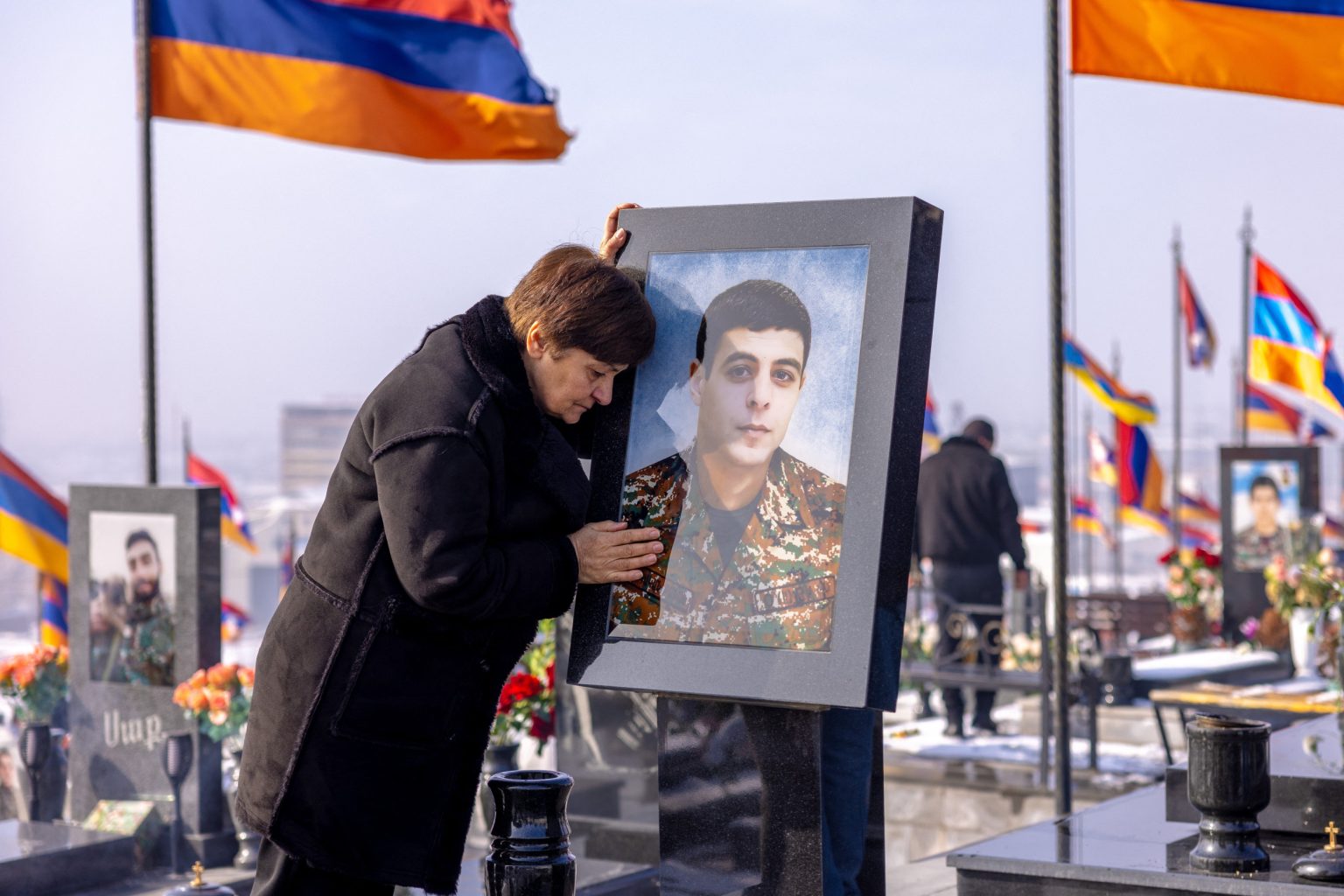The seizure of the Amaras Monastery by Azerbaijan during the invasion of Artsakh marked the end of an almost 4,000-year-old Armenian presence in the region and one of the oldest Christian communities in the world. The exodus of Armenians from Artsakh due to the invasion was described as one of the most effective genocides of recent times. Azeri soldiers were reported to have committed atrocities against Armenian soldiers and civilians including beheadings, mutilations, and sexualized violence. Azerbaijan’s actions were seen as an attempt to erase and rewrite Armenian Christian history, with cultural erasure being a component or precursor to genocide in certain contexts.
The Amaras Monastery, founded in the 4th century by St. Gregory the Illuminator, is a significant symbol of Armenian Christian heritage in the South Caucasus. Azerbaijan’s President Ilham Aliyev has a well-documented record of Armenophobia, which has fueled the systematic destruction of Christian heritage in the region. In Nakhchivan, Azerbaijan has destroyed an estimated 98 percent of Armenian cultural heritage, denying the Armenian identity of churches, cemeteries, and monasteries by attributing them to a historical group called “Caucasian Albanians.” These actions violate international law and the global value system that supports religious freedom.
Azeri forces have been filmed targeting and destroying Armenian cultural sites, including the 13th-century Charektar Monastery and a prominent cross structure overlooking Artsakh’s capital. Aliyev’s views towards Armenians echo the pan-Turkic ideology of the Young Turks who perpetrated the Armenian Genocide during World War I. He has expressed hatred for Armenians as an ethnoreligious group intimately tied to their Christian identity. Aliyev’s threats to invade Armenia proper, referring to it as “Western Azerbaijan,” signal ongoing aggression towards Armenians and a disregard for democratic values and international norms.
Azerbaijan’s actions have been characterized as egregious violations of religious freedoms, ethnic cleansing, and possibly genocide against Armenians. The United States has been urged to take decisive action against Azerbaijan’s aggression and prevent further escalation of the conflict. Failure to address Azerbaijan’s actions may lead to continued destruction of Armenian cultural heritage, as seen in eastern Turkey where former Armenian churches have been demolished or repurposed. The necessity for immediate action to hold Azerbaijan accountable for its actions has been emphasized through Rabbi Hillel’s question: “If not now, then when? If not us, then who?”


